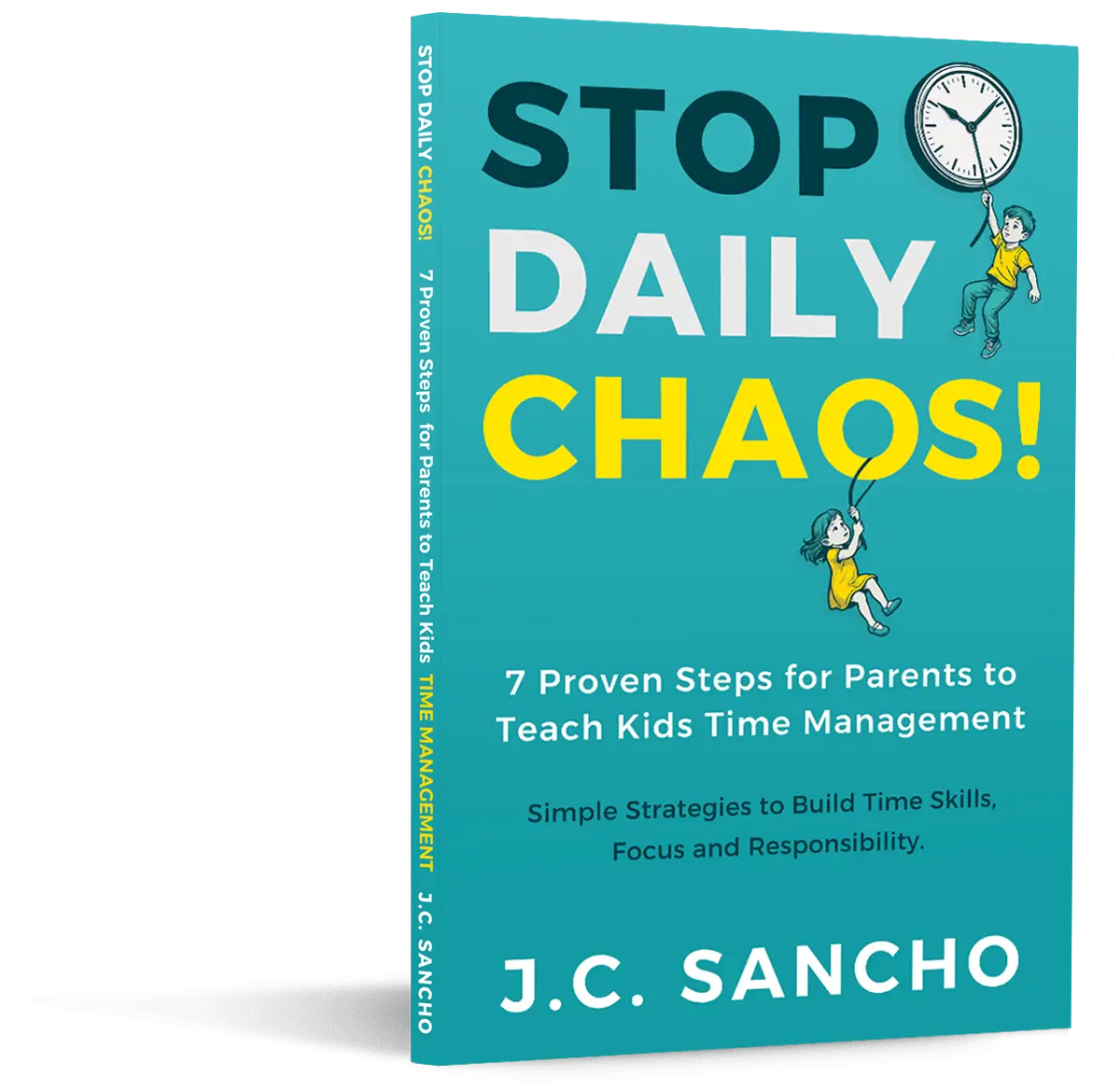Shared Parenting, Responsibility, Systems: A Balanced Approach to Co-Parenting Without Resentment
When it comes to shared parenting, the balance of responsibility can often feel like a tightrope walk. The delicate dance of caring for children while maintaining harmony with your partner is a challenge that many parents face. But what if there were systems in place that could help distribute these responsibilities more equitably? Could this be the key to reducing resentment and fostering a healthier co-parenting dynamic?
The answer is a resounding yes. By implementing effective strategies and systems for shared parenting, you can ensure that both parents are equally invested in their child’s upbringing. This not only helps reduce tension but also promotes a more nurturing environment for your children.
But how exactly do you go about creating such a system? And more importantly, how do you maintain it without fostering resentment or discontent? These are questions every parent grapples with, and ones we’ll strive to answer.
Understanding Shared Parenting and Its Challenges
To begin, it’s essential to understand what shared parenting entails. It goes beyond simply dividing tasks between two parents; it involves sharing the emotional, physical, and mental load that comes with raising children. This includes everything from attending parent-teacher meetings to nursing sick kids back to health.
The challenges with shared parenting often arise from an imbalance in these responsibilities. If one parent feels they’re shouldering more than their fair share of the workload, it can lead to feelings of resentment. Over time, this can strain the relationship between parents and negatively impact the family dynamic.
This is where setting up effective responsibility systems come in. By establishing clear roles and expectations, you can ensure that both parents contribute equally to their child’s upbringing.
Creating such a system is easier said than done. It requires open communication, mutual respect, and a willingness to compromise from both parents. But with the right approach, it’s entirely achievable.
Implementing Responsibility Systems in Shared Parenting
The first step towards creating an effective shared parenting responsibility system is open communication. Discuss your parenting styles, your expectations, and any concerns you might have. Remember that this conversation should be collaborative, not combative. The goal is to find common ground and work towards a solution that benefits everyone involved.
Once you’ve established a clear understanding of each other’s perspectives, you can start setting up your responsibility system. This involves identifying key areas of parenting and dividing them equitably between both parents.
For example, one parent might take on school-related responsibilities such as homework help and parent-teacher meetings, while the other handles healthcare appointments and extracurricular activities. The key here is balance — ensuring that no single parent feels overwhelmed by their responsibilities.
Remember to keep these roles flexible. Life is unpredictable, and there may be times when one parent needs to step in for the other. Maintaining an adaptable mindset will help keep resentment at bay and ensure that your shared parenting system remains effective.
Navigating Resentment in Shared Parenting
Even with the most well-thought-out responsibility systems in place, feelings of resentment can still creep into shared parenting dynamics. This could be due to perceived imbalances or simply the stress that comes with juggling multiple roles.
To navigate this resentment effectively, it’s essential to maintain open lines of communication. Regularly check in with each other about how you’re feeling and whether any adjustments need to be made to the current system. If one parent feels overburdened or underappreciated, it’s important to address these feelings openly and honestly.
It’s okay to ask for help or delegate tasks when needed. Shared parenting doesn’t mean you have to do everything alone. It’s about working together as a team to provide the best possible upbringing for your child.
Don’t forget to show appreciation for each other. A simple thank you can go a long way in making your partner feel valued and reducing feelings of resentment. After all, shared parenting is a partnership — one that requires mutual respect and acknowledgement.
Reflecting on Shared Parenting, Responsibility, Systems
Shared parenting is undoubtedly a complex dance of balance, communication, and compromise. But with effective responsibility systems in place, it can also be an incredibly rewarding experience.
The journey towards finding this balance may not always be smooth. There will be twists and turns, moments of doubt, and instances where you might question if you’re doing enough or too much. But through open dialogue and mutual respect, these challenges can become opportunities for growth and understanding.
So take a moment to reflect on your shared parenting dynamic. Are there areas where the balance could be improved? Could implementing a responsibility system help alleviate stress or resentment? And most importantly, how can you work together with your partner to create a nurturing environment for your children?
Remember that shared parenting isn’t just about dividing tasks or responsibilities. It’s about sharing the joys, challenges, triumphs, and setbacks that come with raising children. And by navigating this journey together — with patience, empathy, and love — you can create a family dynamic that’s not only balanced but also deeply fulfilling.



